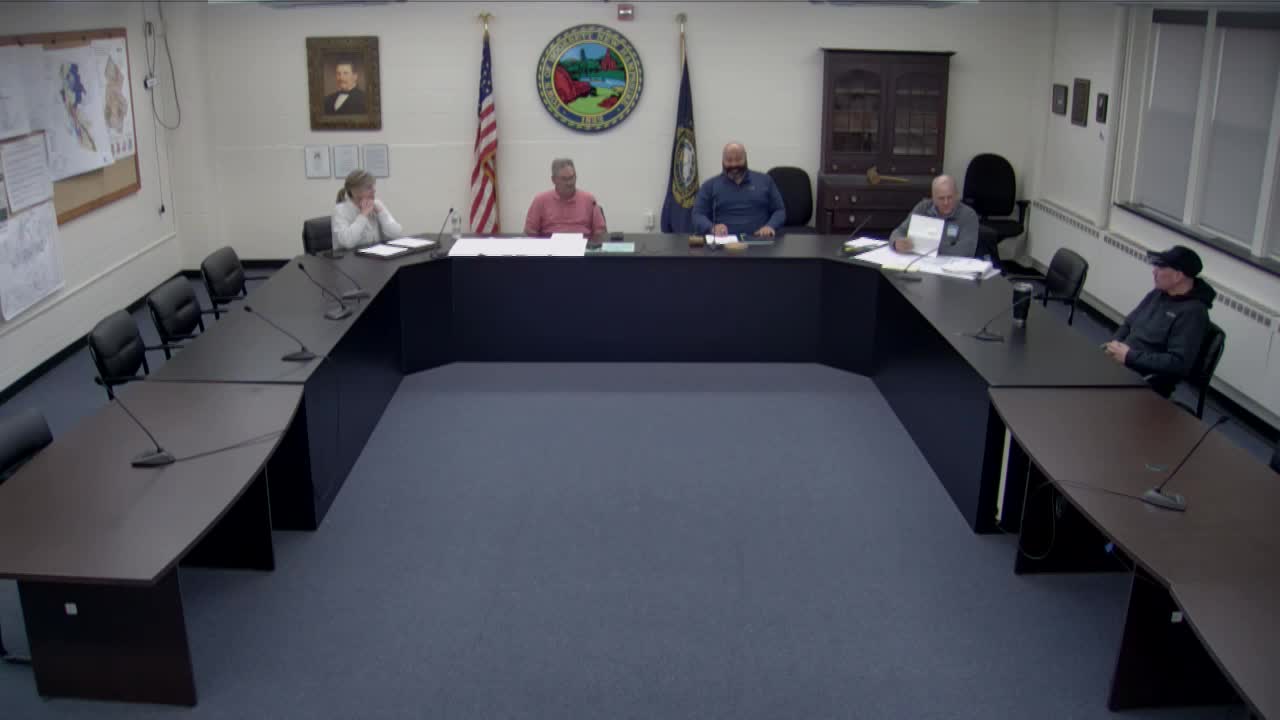Hooksett economic advisers propose letter to curb overconcentration of car washes and storage
Get AI-powered insights, summaries, and transcripts
Subscribe
Summary
The town's economic development advisory committee said it will draft a letter urging planning and zoning boards to discourage additional self-storage and car-wash permits in zones where those uses are saturating the market.
Members of the Hooksett Economic Development Advisory Committee discussed rising concentrations of self-storage facilities, car washes and similar single-purpose uses and proposed advising land-use boards to seek greater business diversity.
"Any type of business that is too heavily present in this town has a risk of, at some point, experiencing a decline in business," EDAC members said, arguing that overconcentration can crowd out other retail and service uses.
Committee members agreed to draft a letter on EDAC letterhead to send to the Planning Board, Zoning Board and Town Council recommending steps to prevent over-saturation in targeted zoning districts. "I can write up something... and then you put it on the letter. Okay," one member said, describing a process to copy relevant boards and include the recommendation in a voters' guide if needed.
Why it matters: Members said too many niche uses can make areas less attractive to new, diverse businesses and might harm long-term economic vitality. The committee discussed zoning changes such as prohibiting additional self-storage in specific districts or requiring conditional use permits in some zones.
Process and limits: Speakers noted that prohibiting permitted uses would require zoning changes or ballot initiatives; a blanket ban is not possible without altering zoning regulations. Committee members suggested framing any ballot question to capture the concept of oversaturation rather than listing individual uses to make the proposal easier for voters to understand.
Next steps: EDAC members volunteered to prepare a draft letter and copy planning, zoning and town council; one member offered to send it on EDAC letterhead and circulate the draft for feedback. No formal motion was recorded in the meeting minutes; members agreed to proceed with drafting and outreach.
Ending: Committee members said the letter would be informational and intended to spur land-use boards to consider zoning adjustments or conditional-use review before permitting more storage or car-wash developments in heavily concentrated districts.
